Gloria Careaga: "Understanding gender inequalities turns the structure upside-down and forces you to visualize reality from different perspectives”
Gloria Careaga, a prominent personality within the LGBTI movement in Mexico, talks to us about the progress and challenges the group faces in this North American country.
Being a lesbian is often a synonym of being invisible; what’s it like to be lesbian in Mexico?
Invisibility seems an insurmountable feature of lesbians around the world. Even despite the personal definition of being a public figure as a lesbian, you don’t always manage. I remember when the first lesbian, Patria Jiménez, was elected to Parliament in our country, she was interviewed by many media and we noticed that the word lesbian was never quoted in the notes. Becoming visible is therefore an everyday action you must assume and assert whenever possible, and avoid people from ignoring this.
Sometimes it may be shocking, but I believe that those feeling uncomfortable are the others, and they’ll just have to face it.
You are one of the founding members of the Sor Juana Closet; what’s your view after these years of activism?
Last year marked the 25th anniversary of the CSJ. I joined the struggle for LGBTI rights quite late in life and I can say that becoming involved in this struggle has been very enriching for me. I wasn’t aware of the discrimination I suffered for being openly repressed and having the support of my family, but when you join a group of lesbians and you hear of other people’s stories in a reflexion group, a whole new perspective opens up that allows you to understand where you stand and gives you the tools to confront the attempts to keep you silenced in a closet.
Being a member of the organization for almost 20 years has given me many opportunities to exchange with other women coming from different sectors and experiences. The course followed by the organization has also allowed us to identify the different needs of lesbians. It is sad to see that, today, there is no open space for lesbians to meet and exchange. I believe that the spaces of leisure and entertainment that do exist are not helping us in our needs.
You have joined activism and your profession. You have worked a lot on stigma and sexuality.
Indeed. As a university professor I have had the chance to make students and professors think, but not always with the best outcomes. Psychology, contrary to what we may think, is not so progressive. I have had to fight against the homophobia of colleagues, both men and women, and work hard in the classroom to open up people’s minds. My links to gender studies, at the time, was probably the best choice I made, because it gave me many more elements to look at sexuality from a broad perspective and link it to human rights.
Understanding gender inequalities and gender itself in its full plasticity turns the structure upside-down and forces you to think about reality from different perspectives, where men and women, in any of their representations, are not necessarily in a place; it depends on their circumstances and historical moments.
Your action and visibility have also been important at an international level.
I started off in the world of feminism and the LGBTI movement virtually at the same time. For feminism, preparing the advocacy work for the International Conferences organized by the UN in the 90s’ and for the LGBTI movement in 1991 with ILGA. That year is when I attended international events for both movements and since then, I’ve never stopped. The progress made with regards to women’s rights that decade was huge. Consideration for sexual orientation and gender identity came afterwards, but once they had been included in the discussion, they remained and broadened.
What have been your tasks in these movements?
In the feminist movement, I joined the Health, Empowerment, Rights and Accountability group (HERA), giving me the best tools for international management, besides a very gratifying experience for the dynamics and principles of feminism within the group.
At ILGA I have held several positions since we joined as a lesbian organization. Being part of Jennifer Wilson’s initiative to promote a regionalization process in ILGA was key to make the Association grow and learn a lot more about what goes on in this world. It is very gratifying to feel part of history; looking at where we started and where we are today.
In terms of LGBTI policies, would you say Mexico and the world at large have changed much?
No doubt! Just look at the conservative groups. The progress made by women in the LGBTI population as not only questioned the structure of discrimination, it has also changed the way of thinking and seeing the world. Yet there is much more to be done; the recognition of discrimination is an important step, and actions have been instrumented, both legal and political, to build more inclusive societies, but the cultural change we all seek takes time and is slow, and full of threats.
If we look at Latin America, the region today is seen as the most progressive ones, where the most important changes have happened; but it is also true that conservative groups are making much greater efforts. In Mexico I’ve seen things I’d never have imagined. The Governor of Mexico City handing the flag to an LGBTI delegation that participated in the OUT Games; leaders being received at the Presidential Palace to hear of our proposals and listen to a Presidential Statement including them. There have been some incredible moments in history and the battle fought over the past 40 years has yielded its fruits.
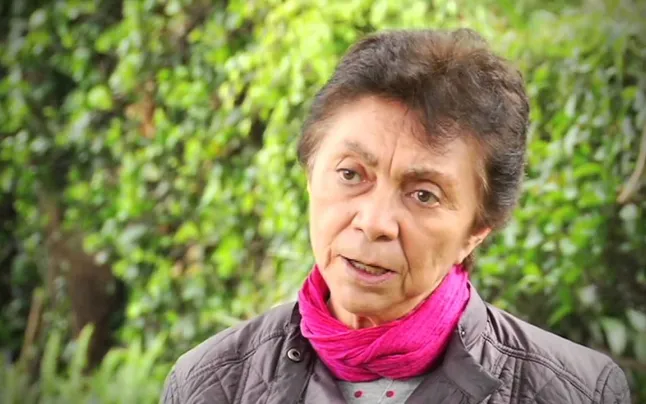
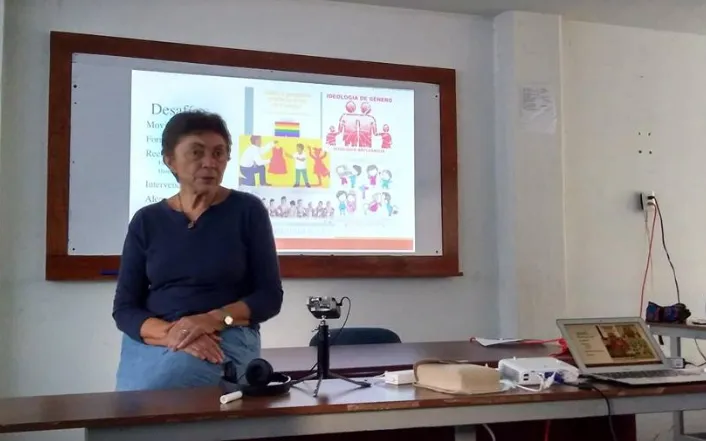


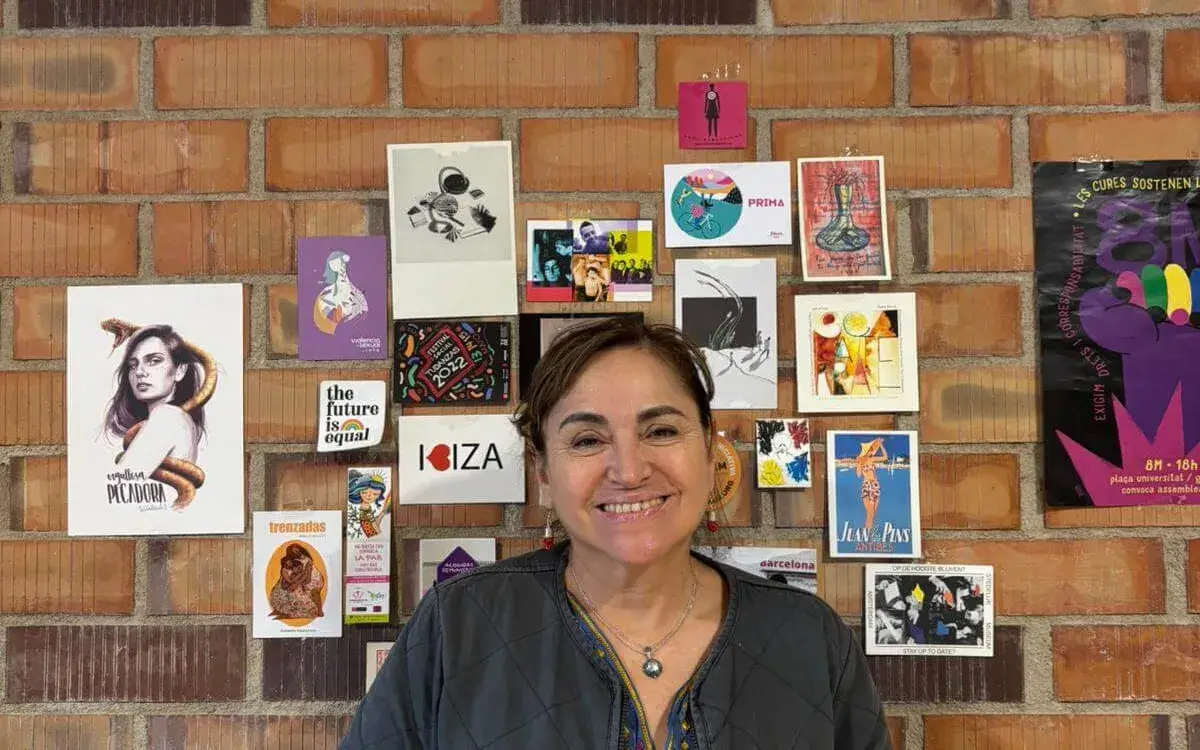
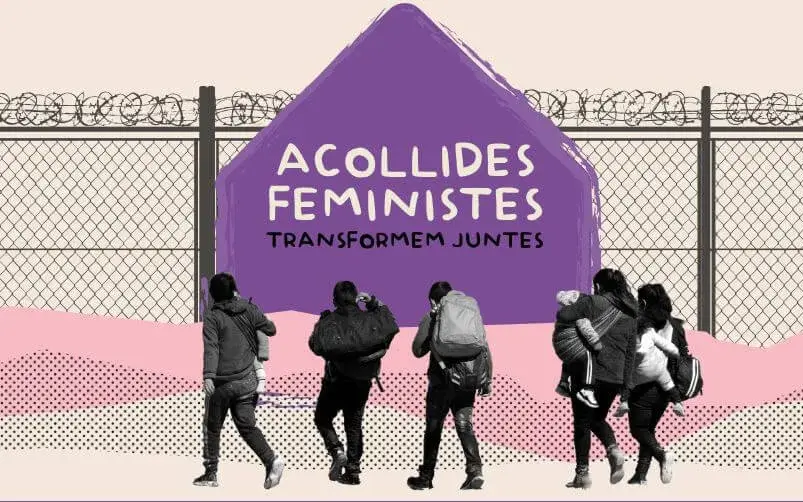
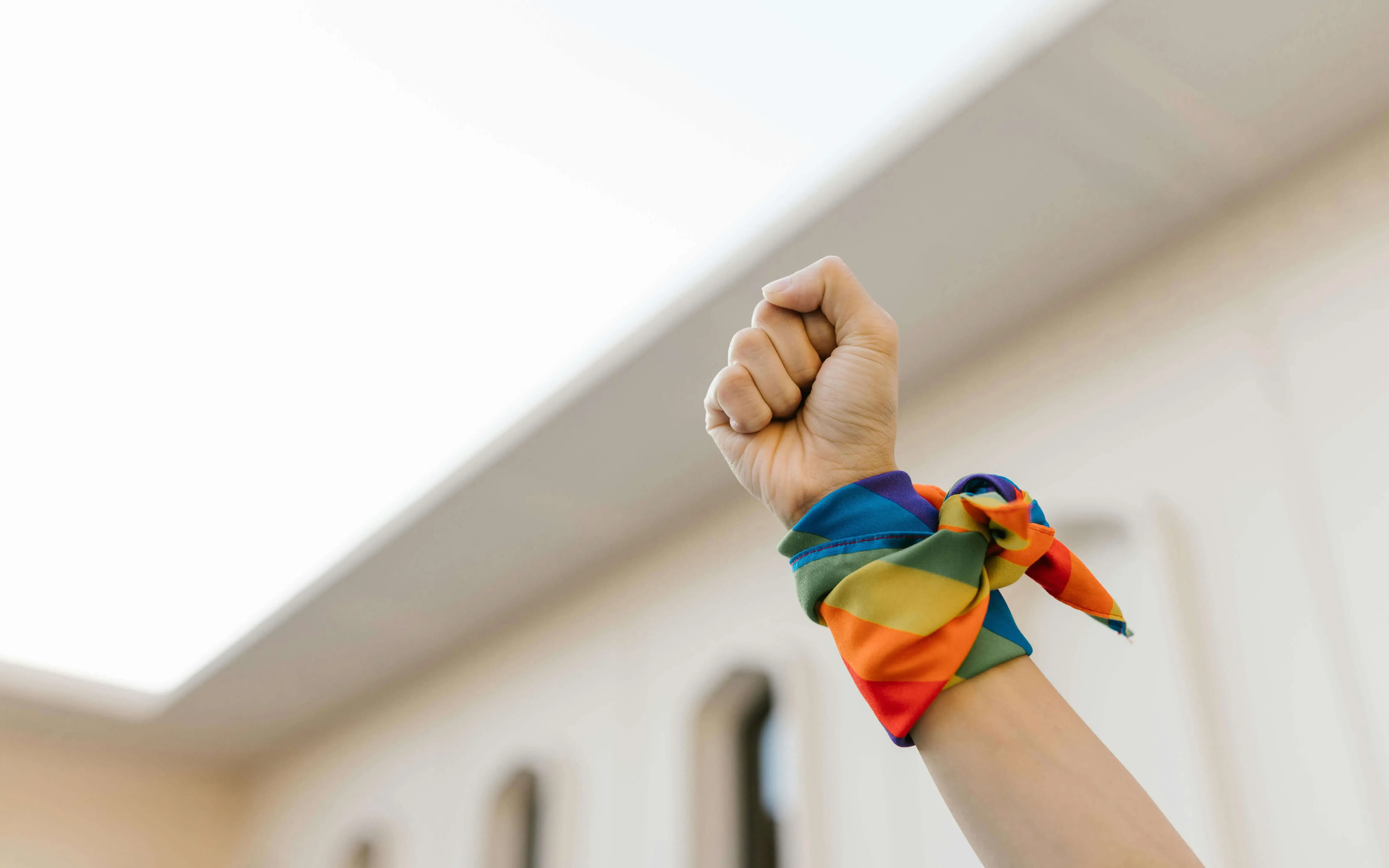
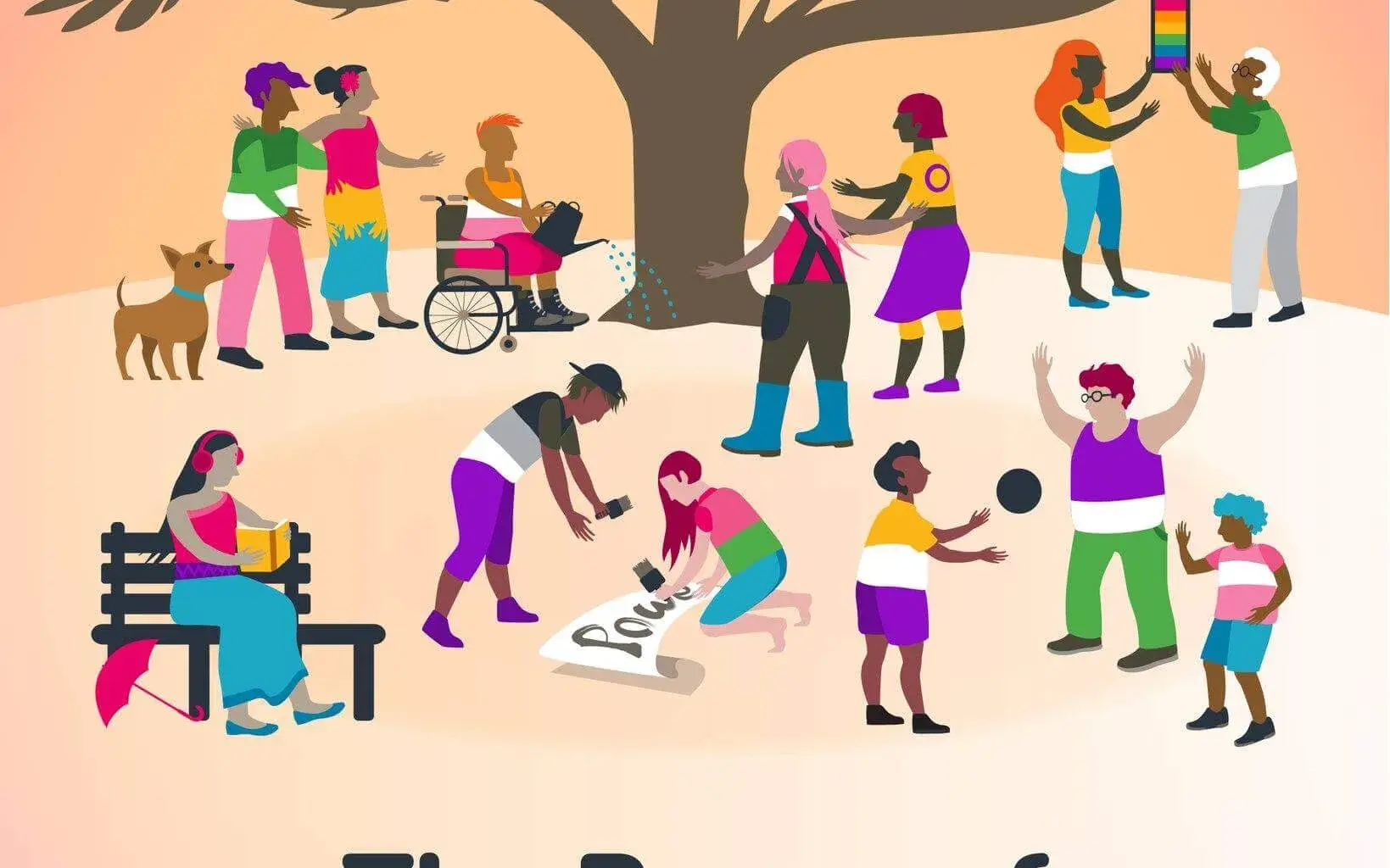
Add new comment